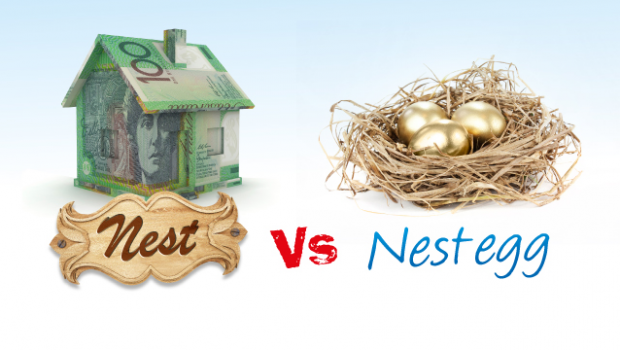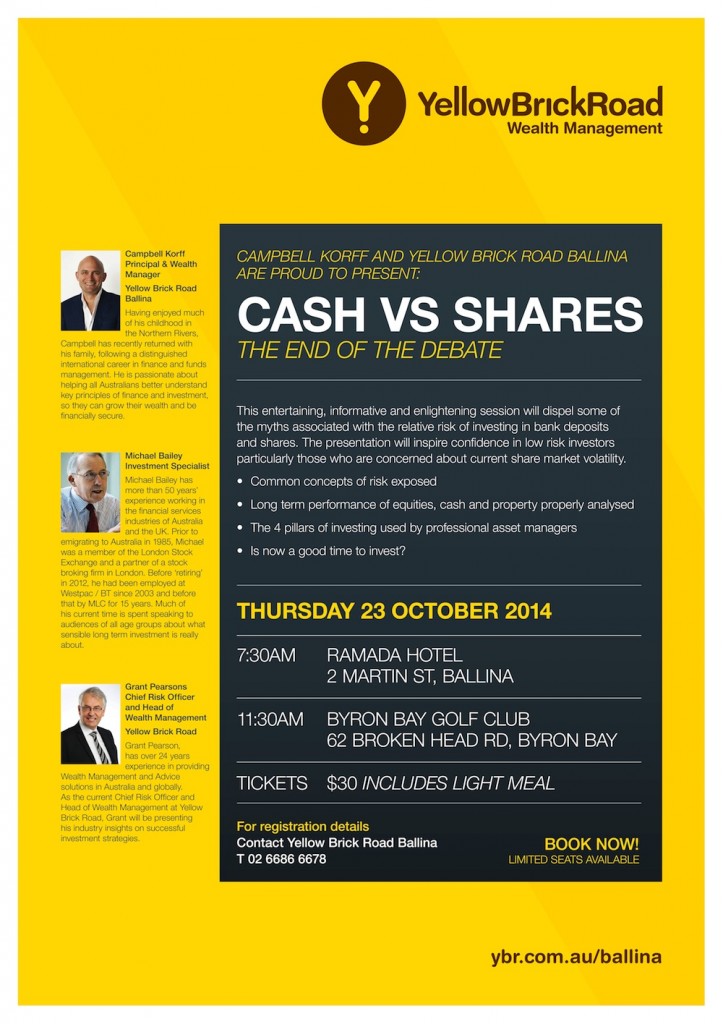What is a better investment – paying off your home mortgage or putting more money into superannuation? It’s an age-old questions writes Campbell Korff, pointing out the advantages – and disadvantages – of each method.
As an investment, paying off your home loan early is very hard to beat. Paying off your mortgage equates to an after tax return on your capital equal to your mortgage interest rate. Even with interest rates down around 5%, to beat it you would have to find an alternative investment which provides a pre-tax net return of more than 8%. This is because you would pay tax on that return at your marginal tax rate. Assuming that to be, say, 34%; you get to keep 5.36% of an 8% return. As mortgage rates increase (which they will), this equation becomes even more compelling in favour of mortgage repayments.
What’s more, your return from home loan repayments is guaranteed (your bank must reduce your loan balance if you make a principal repayment), whereas returns from any other investments are not.
Every time you are able to generate savings for investment, ask yourself which asset classes are capable of beating your mortgage after tax and then ask yourself whether you are comfortable with the level of risk.
Super, on the other hand, is given a substantial leg up courtesy of the tax incentives provided by the Government to get us all to save for our retirement. Not only are contributions from your pre-tax income up to $30,000 ($35,000 if you are over 50) only taxed at 15%, but you get the huge benefit of compounding between now and retirement and your earnings from investments within Super are concessionally taxed. This equation brings a lot more investment options back into the picture versus your home loan repayments.
To illustrate this, I recently put together a financial model for a couple in their mid-forties with stable income from teaching and nursing respectively. They are currently generating a surplus of around $1,500 a month after their living expenses and regular mortgage repayments. The question was: should they invest the $1,500 in Super or prepay their mortgage? Assuming a relatively conservative “balanced” Super investment portfolio of fixed income and shares and their mortgage rate at 5.2%, Super came out over $25,000 in front over 10 years.
As always, everyone’s situation is different and you should ask your financial adviser to do the maths for you and design a plan that fits your circumstances. However, in many cases, salary sacrificing to Super will be very hard to beat.
Campbell Korff is the principal of Yellow Brick Road Wealth Management, Northern Rivers. Email: [email protected] ph: 66876678.






